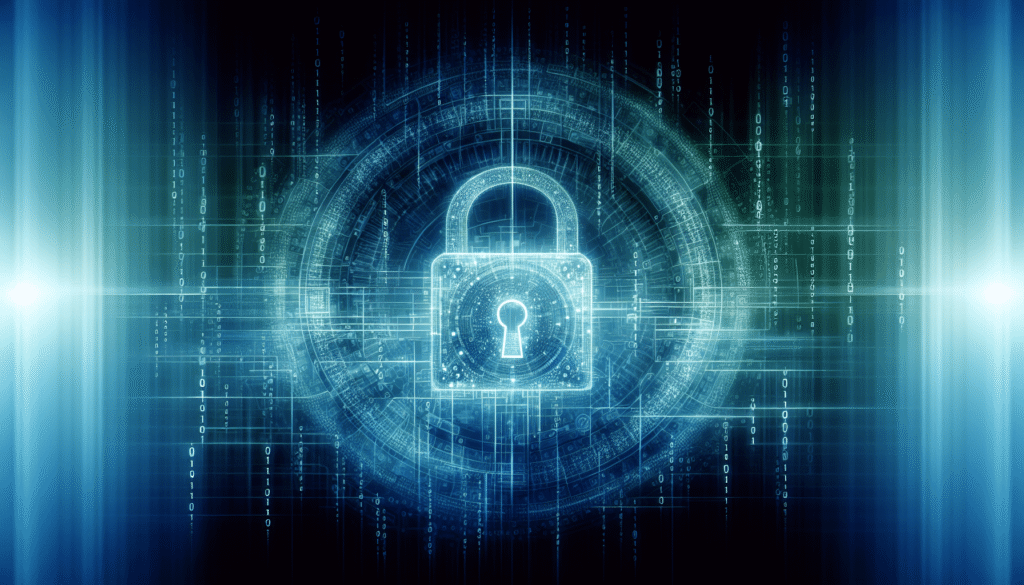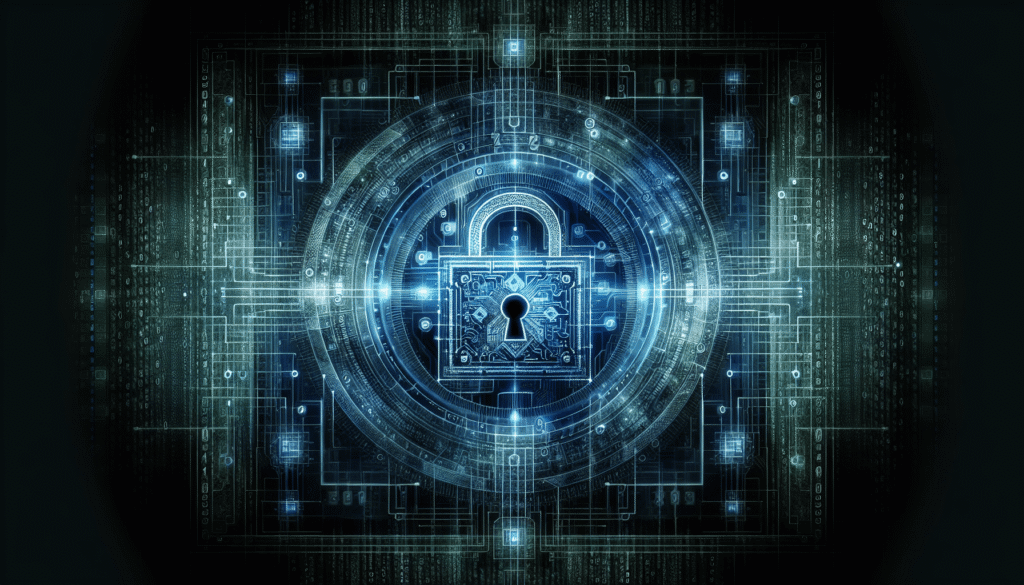Have you ever considered that not being hacked might actually present a risk for you? It seems counterintuitive, right? In a world where cybersecurity threats and data breaches are as common as your morning coffee, the idea that there could be inherent risks in not experiencing a hack is a fascinating proposition. This notion sparks a curious exploration into the dynamic world of cybersecurity and personal data management.

This image is property of images.unsplash.com.
The Paradox of No Hacks
The question of whether avoiding cyber-attacks is entirely beneficial poses an interesting paradox. On the surface, not being hacked seems like the ideal situation. It means your data is safe and your systems intact. However, ignoring the ever-present threat without taking preventive measures can lead to complacency. Complacency, in turn, might expose you to vulnerabilities that could have been mitigated.
Complacency: The Silent Threat
When you haven’t experienced a cyber threat, it is easy to assume you are not a target, but this assumption often leads to negligence in securing personal and professional data. Cybersecurity is not merely about responding to threats but being proactive. Many remain secure because they believe they don’t have anything worth stealing, which is a dangerous misconception. Attackers are sophisticated and can target anyone, regardless of perceived value.
The Importance of Proactive Security Measures
Being proactive rather than reactive is vital in securing your data. This means regular updates to your security software, using strong and varied passwords, implementing two-factor authentication, and educating yourself on potential threats. Emphasizing the importance of this proactive approach can prevent a myriad of cyber threats before they materialize.
The Risk of Dormant Defenses
Having defenses that are never tested might sound ideal, but in truth, this situation can lead to vulnerabilities that go unnoticed until it’s too late. Regular testing and updates are critical for security measures to remain effective.
The Role of Regular Security Audits
Regular security audits are essential for identifying potential security gaps. If you haven’t experienced a hack, it can create the illusion that your defenses are impregnable, but it is often the unnoticed and dormant threats that pose the greatest risk. Audits can simulate attacks and help you understand how your defenses would hold up under pressure. Without this insight, you might miss critical upgrades or patches necessary to ward off genuine threats.
Keeping Software and Systems Updated
Software updates are crucial in maintaining a robust defense. They often contain patches for newly discovered vulnerabilities. Skipping updates because you haven’t been hacked can open doors to cybercriminals eager to exploit known weaknesses. Always ensure your systems are up-to-date with the latest security patches.

This image is property of images.unsplash.com.
Misconceptions About Data Valuation
Many people believe their data isn’t valuable enough to be targeted. Understanding what hackers look for can reshape how you perceive your own digital footprint and data value.
Why Your Data is Valuable
Your data is more valuable than you might realize. Information like email addresses, passwords, and even browsing history can be leveraged by attackers for identity theft, accessing financial accounts, or selling on the dark web. Every piece of data has value in the right hands, and recognizing this fact is the first step toward better protecting it.
Leveraging Data for Illicit Gains
Hackers can use seemingly benign information for significant gain. For example, gaining access to an email account can lead to uncovering and exploiting financial information. It is essential to regard all personal data as valuable and protect it accordingly.

This image is property of images.unsplash.com.
Cyber Hygiene: Building a Habit
Maintaining good cyber hygiene is crucial, whether or not you’ve been hacked. Cyber hygiene refers to the practices and steps users take to maintain system health and improve online security.
Establishing Routine Security Practices
Establishing and sticking to routine security practices can significantly reduce the risk of cyber threats. Regularly changing passwords, monitoring account activity, and backing up data are simple strategies that can have a profound impact on your security posture.
Educating Yourself and Others
Constant learning and staying informed about the latest cyber threats and defenses will help you stay one step ahead. Sharing this knowledge with colleagues, friends, and family can also enhance overall security within your network.

Is It Better to Delete or Clear History?
One specific aspect of cybersecurity and privacy that often comes up is whether it’s better to delete or clear your internet history. These actions both manage your digital footprint but have different implications.
Clearing History: A Temporary Solution
Clearing your browser history erases the list of websites you’ve visited but often retains cookies and cached files. While this can be a quick privacy fix, it doesn’t necessarily protect you from sophisticated tracking methods or security threats.
Deleting History: A More Thorough Approach
Deleting your history, including cookies and cached files, provides a more comprehensive removal of your past web activities. While it is a more thorough method, it might come at the cost of convenience, as it could require more frequent logins and slower page load times.

Conclusion: Embracing a Balanced Perspective
In conclusion, while not being hacked may seem like the best scenario, it’s important to not let this lull you into a false sense of security. The risks associated with complacency and the assumption that you are not a target can lead to significant vulnerabilities. By taking proactive security measures, valuing your data, and maintaining good cyber hygiene, you can protect yourself and your information in an ever-evolving digital landscape. Furthermore, understanding the implications of managing your digital history through clearing or deleting can enhance your personal privacy practices. Adopt these strategies and view your cybersecurity through a balanced and informed lens for a safer online experience.


